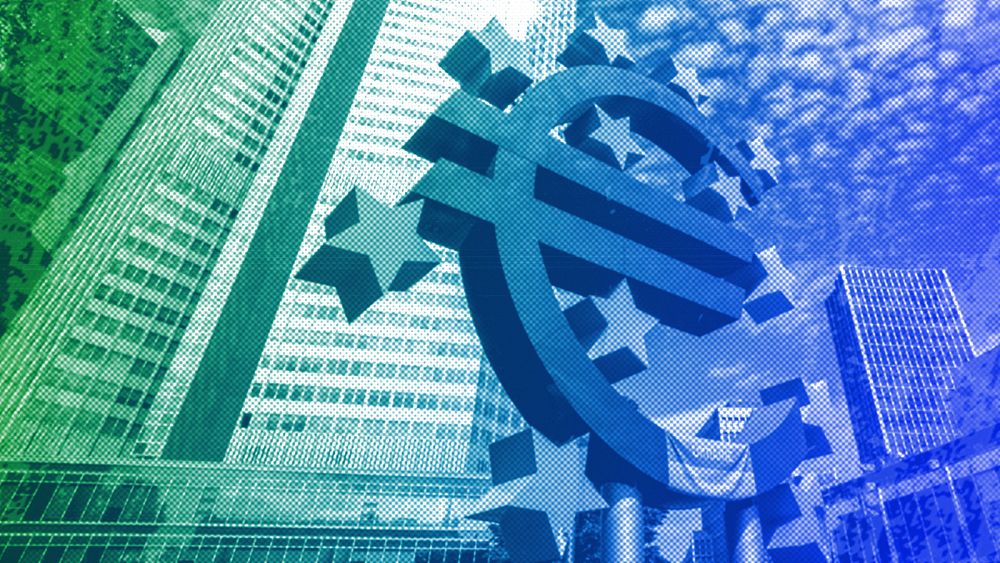
By Tom Cummings, Chair of the Supervisory Board, B Lab Europe
It’s time to take sustainable banks seriously by including them in the sustainable finance agenda and providing them with platforms to express their views in all EU financial decision-making and advisory bodies, Tom Cummings writes.
Several sets of criteria are used to determine this, including FEBEA membership status, Global Alliance for Banking on Values status, B Corp certification or a national mission-driven corporation designation.
Yet, whilst the EU regulatory machine produces sustainable financial policy, leading sustainable banks are systematically overlooked.
These banks, which have direct experience in leading on social and environmental sustainability, are largely underrepresented in the key EU financial advisory bodies.
By leaving out the voice of institutions getting it right, the EU’s decisions are unduly influenced by the laggards.
Worse yet, there are missed opportunities to help scale the institutions that are disproportionately serving communities, small and medium-sized green businesses, and the real economy.
Sustainable banks have proven to be more responsible time and again
The 5th Report on Ethical Finance in Europe indicates that ethical banks dedicate, on average, 72% of their assets to loans to the real economy, versus 36% for traditional banks.
These sustainable banks also collect 73% of their resources through deposits versus 40% at traditional banks.
ESG impact financial institutions have more than 30 years of operating in the EU, and newcomers — often sustainable fintech companies — are also leading the way.
French neo-bank Green Got, for example, has quickly realised the growing pace at which consumers are demanding green banking alternatives.
Their business model has shown 10% yearly growth rates, demonstrating that consumers back this approach to fossil fuel-free policies.
Brussels’ lack of engagement is apparent
Sustainable banks are currently not represented in any of the key financial decision-making bodies in the EU and lack platforms to convey their ideas.
For example, recently, the Platform on Sustainable Finance announced its new chair, members, and observers.
Again, the list didn’t mention any sustainable banks, even while they have crafted processes to combine financial management with positive ESG impact.
No sustainable banks can be found in the European Securities and Markets Authority’s Standing Committees (SC), working groups and task forces.
The EU Commissioner for financial services, Mairead McGuinness, has spoken to fossil fuel bankers such as Deutsche Bank, Santander, and BNP Paribas but has not engaged with any fossil fuel-free bank in the past two years.
“It is key that banks like La Nef get the chance to become more involved in financial decision-making and advisory processes to make ethical, values-based, and ESG-impact focused banking the norm in the EU”, notes Ivan Chaleil, member of the board of directors at the biggest French ethical bank La Nef.
The rest of the world is acting differently
The EU’s lack of inclusion of their leading ESG institutions is abnormal compared to many peers.
Sustainable banks, although heavily underrepresented, at least have a seat in the Leadership Council of the United Nations Environment Programme Finance Initiative.
The Central Bank of Malaysia issued guidance documents to facilitate the practical adoption of values-based banking in 2018.
In Italy, Articolo 111-bis (1) in the _Testo Unico Bancario _(“Consolidated Banking Act”) shows that policymakers have recognised the role that ethical finance plays in making society greener and fairer.
This national law acknowledges the presence of financial actors who operate for the common good and shows that ethical banks are not only more stable, reliable, and profitable than traditional banks — even during the recent pandemic — but also are a powerful tool for positive social change.
The in-depth expertise others lack
To be sure, it’s the laggard banks that need to transform for sustainability.
Yet, if banks are left in a room among only laggards, it’s hard to imagine policy outcomes that are best for people and the planet.
If included, sustainable banks can contribute their in-depth expertise in addressing the negative environmental impacts of banking, in building investment policies that exclude fossil fuels and highly polluting industries, and in implementing high standards of compliance with ESG criteria throughout all processes and activities.
ESG banks lead by example, proving to the overall financial sector that a coherent and comprehensive application of ESG policies is focused on what a bank is meant to do: provide loans and services to the real economy and generate financial results.
Over the last decade, ESG banks have shown returns on assets and equity that double the performance of their conventional peers.
Sustainable institutions should be taken seriously
Can the EU really afford to ignore this?
As the recent FEBEA report on EU sustainable banking stresses, “Ethical banks are able to start processes of change that bring people and planet and their relationships back to the centre of the political and financial action.”
It’s time to take sustainable banks seriously by including them in the sustainable finance agenda and providing them with platforms to express their views in all EU financial decision-making and advisory bodies.
Tom Cummings is Chair of the Supervisory Board of B Lab Europe and a board member of the Tällberg Foundation, the International Bateson Institute, the Progressio Foundation and Emzingo.
At Euronews, we believe all views matter. Contact us at view@euronews.com to send pitches or submissions and be part of the conversation.